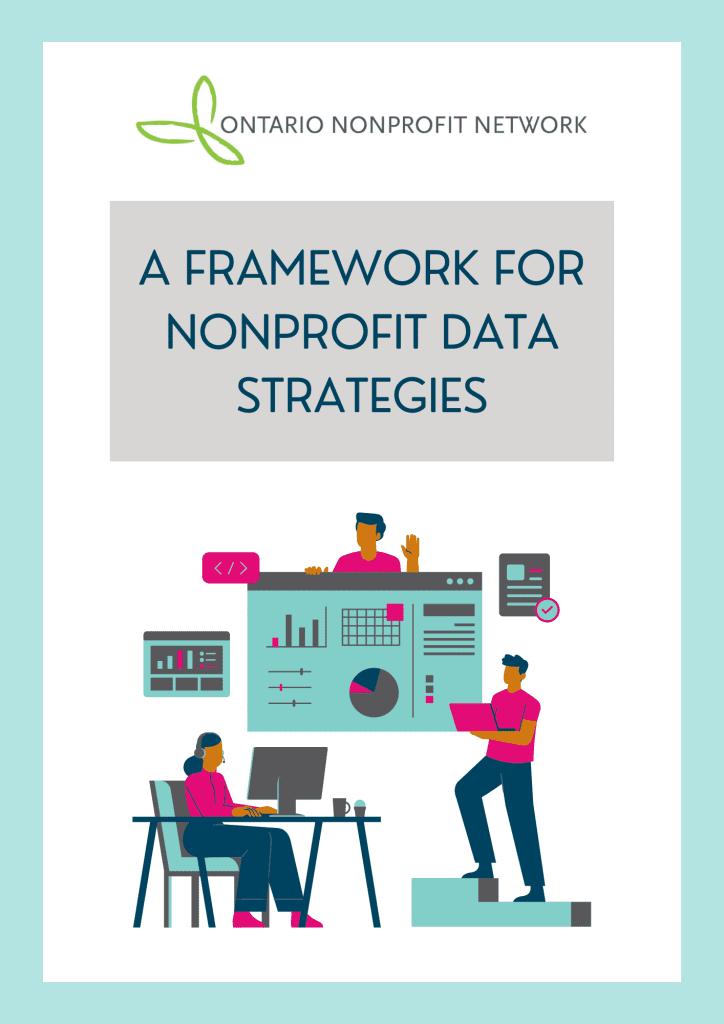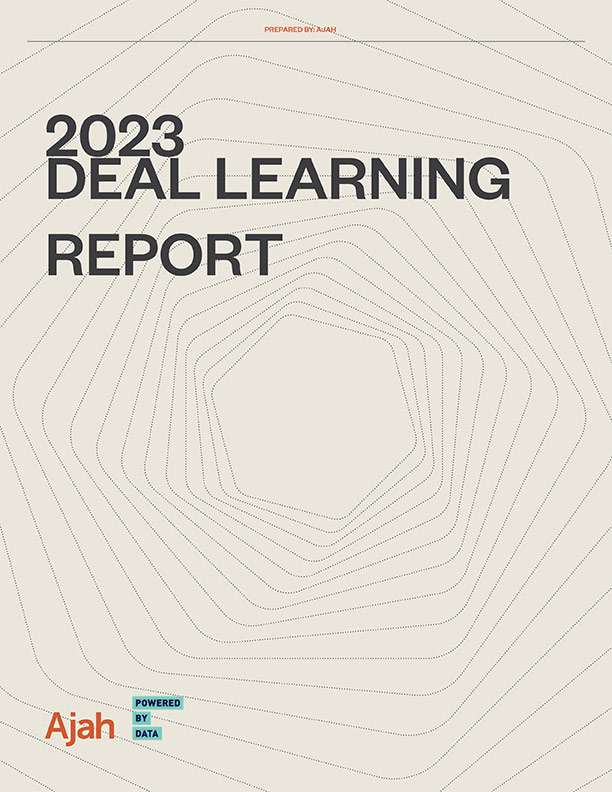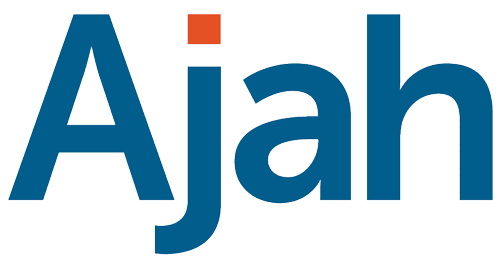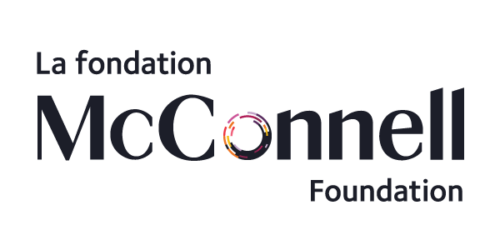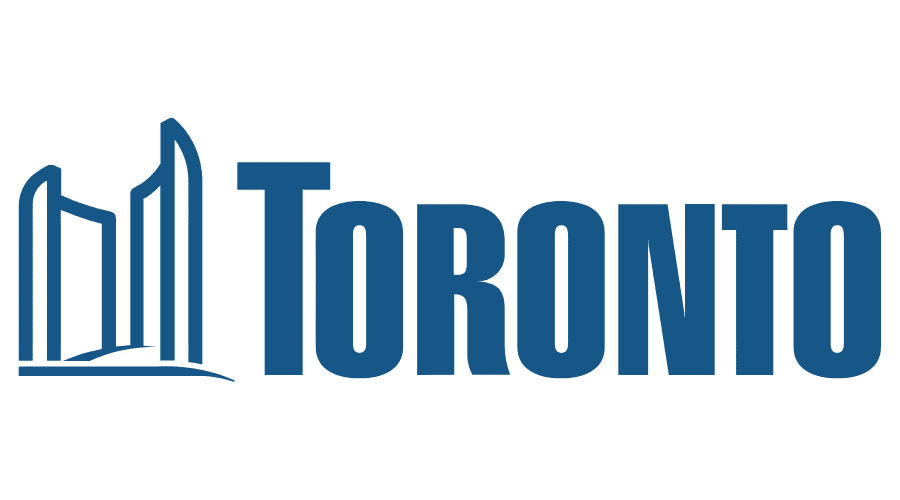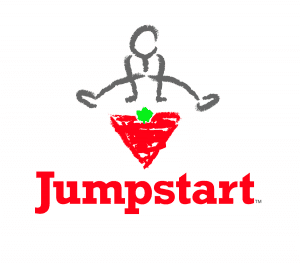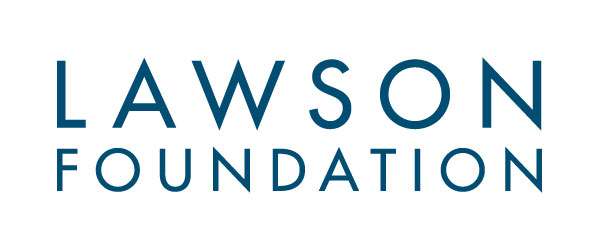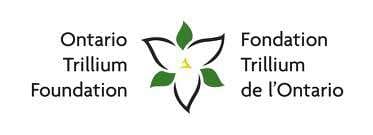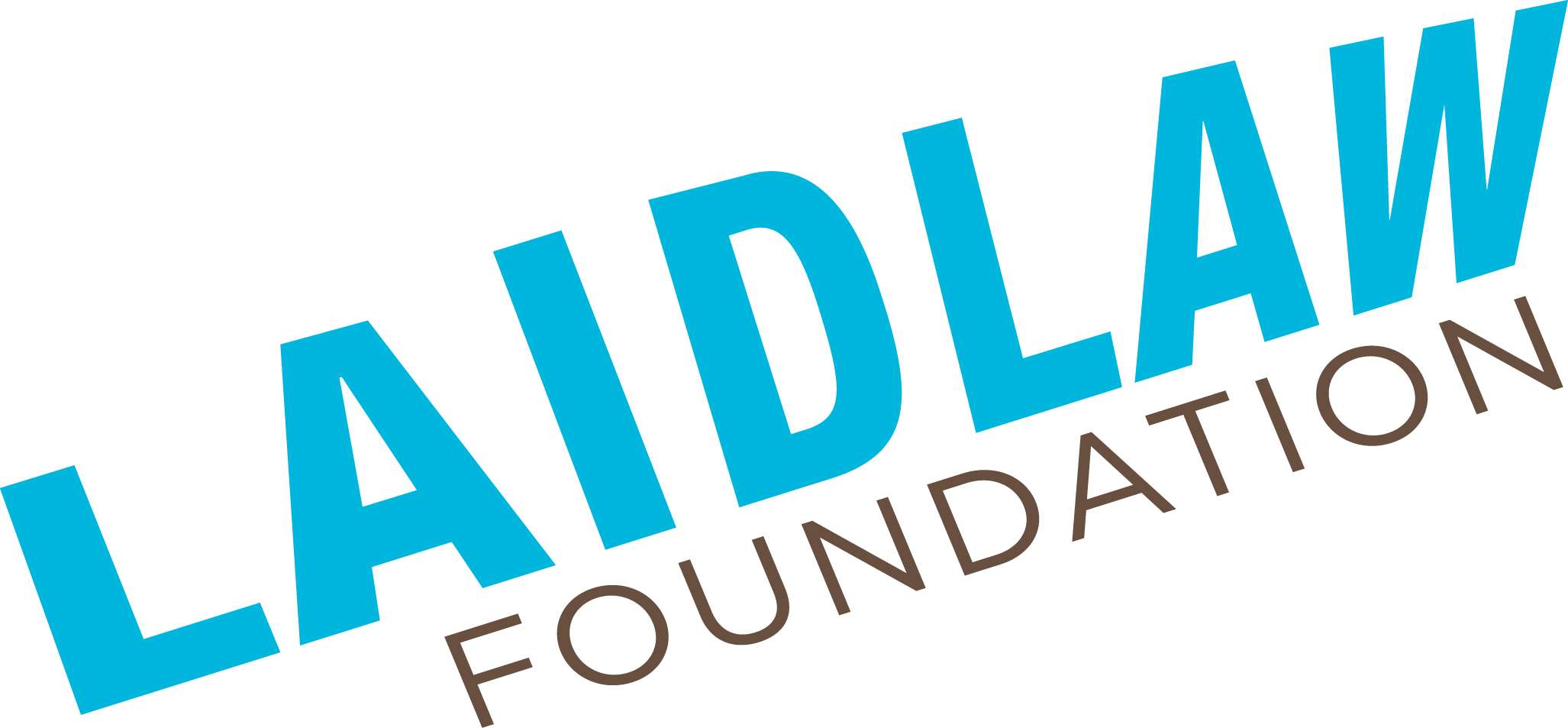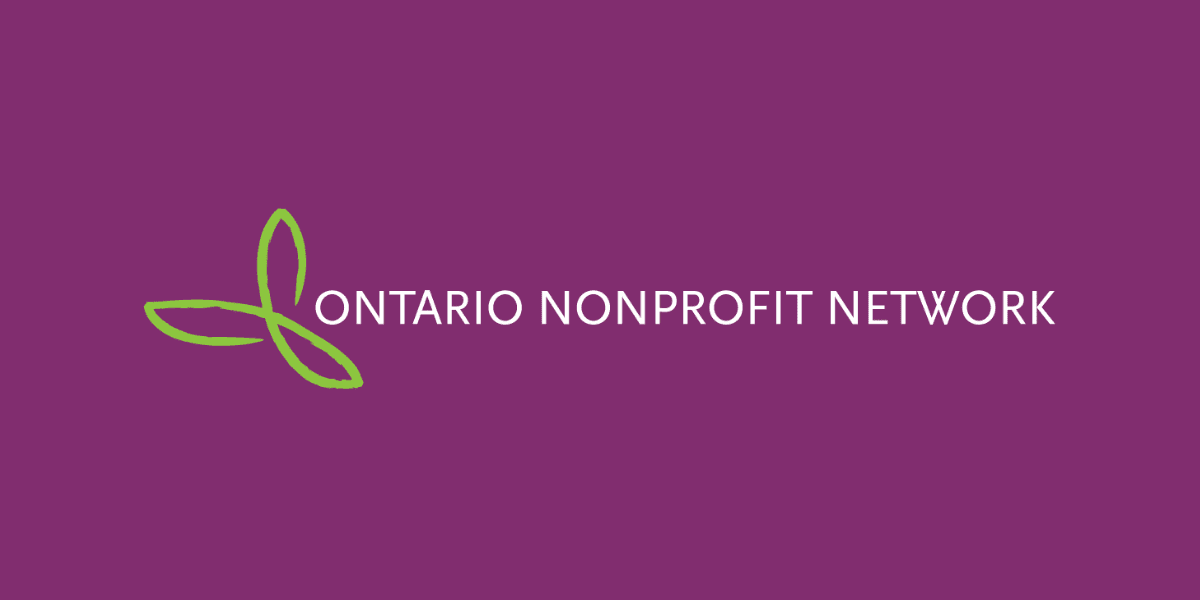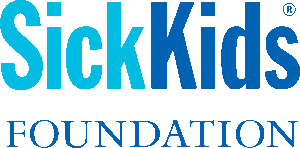The DEAL project
Data is a sensemaking tool that can help us tell our stories and build a plan for a more sustainable future for the nonprofit sector and our communities.
The DEAL (Data, Evidence-use and Learning) Strategy is an initiative led by Ontario Nonprofit Network (ONN), in partnership with Ajah and Powered by Data (PbD) and with support from the Ontario Trillium Foundation (OTF).
The overarching project goal is to ensure that our sector’s data is ethically used and appropriately harnessed to support learning and data-driven decision-making. The strategic use of data and knowledge in, on, and by the sector will ultimately support better programs and services, public policy development, and outcomes for communities across Ontario.
The DEAL project will lay the foundation for a more effective nonprofit sector, and contribute to the well-being of Ontario’s diverse communities. This project will build upon work that has been done by the sector’s data champions like Mowat, Powered by Data, and Alberta Nonprofit Network, and collaborate with data and learning initiatives to amplify their efforts and to mobilize the sector’s collective knowledge. Nonprofits are stronger when they learn together and from each other. Data strategies for our sector must be built by engaging our knowledge holders – nonprofits, governments, academic and research institutions, and communities.
Through this project, multiple data resources will be created for the sector, but most importantly there will be a framework that will help nonprofits build their own data strategies.
DEAL FRAMEWORK
The first phase of the DEAL project has culminated with the release of our foundational report, A framework for nonprofit data strategies.
The report provides an overview of the complexities, challenges, and opportunities on how the nonprofit sector – bolstered by investment and support from other stakeholders – can make the best use of its data, to develop better outcomes for communities across Ontario. The intention is to encourage nonprofit leaders to advocate for data practices and standards that are meaningful to their work.
The report builds on our two key learnings:
1. The nonprofit sector does not lend itself to a singular data strategy. Because of our sector’s diversity, uniqueness, and differing data capacities, nonprofits and nonprofit collectives need to be supported and resourced to build their own data strategies.
2. The nonprofit sector needs to own its data and establish its data practices and policies to fully participate in the data ecosystem.
This report can be used by nonprofit organizations and collectives who are curious about data and would like to explore its applications to their work. It is also intended for government and non-governmental funders, policymakers, academics, and researchers who are interested and invested in supporting the nonprofit sector as an equal and vital partner in the data ecosystem.
DEAL project goals
Nonprofits need a system that allows us to share our data ethically and effectively. This includes administrative data – the data we collect and use as part of our ongoing operations, as well as data collected by different levels of government about and for the nonprofit sector. We also need to build a system that works with the principles of open data to ensure that data is freely, legally, and technologically accessible.
A few goals of the project:
- Help nonprofits learn from their own and others’ previous projects and programs: what has been attempted, what were the results, how were the results measured, and what are the limitations of the findings.
- Support the development of public sector data sets fostered by sector-led and academic-partnered research and evaluation initiatives.
- Design the framework with and for nonprofits to ensure it is informed by the practical realities of the sector and communicated broadly and effectively.
DEAL project principles
Good data practices are people-centered and rooted in equity, transparency, and accountability. They can help nonprofits advocate for community ownership and control over their data and its use.
The DEAL strategy will follow these guiding principles:
- Development of data and knowledge must be equity-focused, rights-based, democratically-governed, decentralized, and participatory.
- Initiative must build confidence and capacity in the nonprofit sector in terms of data and information management.
- Include a role for foundations and governmental funders so that we can align data systems and practices, and allow us all to learn from each other.
- Reflect the principle of “data for good” and work to undo the misuse and harms caused by the inappropriate collection and use of data. It should promote democratic engagement and the protection of rights, including the right to privacy and anonymity as well as the right to be counted.
- Follow the lead of Indigenous, Black-led, and ethnocultural nonprofits in terms of developing best practices for data use as these communities are disproportionately impacted by the potential collection, sharing, and use of administrative data.
Sign up for our quarterly newsletter
ACCESS THE DEAL LEARNING REPORT
As part of the DEAL initiative, we have been working on a project from 2021-2023 to explore how we can increase learning in the sector. The report, written by Ajah, can be accessed in English and French.
In addition to the report, a blog has been prepared that breaks down the overall findings in a more accessible way, with an invitation for nonprofits to connect at the end.
Additional resources
- Building a Knowledge‐Driven Nonprofit Sector: 2019‐2020 Alberta Nonprofit Data Strategy Final Report and Project Plans
- ONN Resource Centre: Data resources for nonprofits
DEAL steering committee
- Ajah
- Network for the Advancement of Black Communities (NABC)
- Ontario Federation of Indigenous Friendship Centres (OFIFC)
- Ontario Trillium Foundation
- Peacebuilders International
- Social Planning and Research Council of Hamilton (SPRC-Hamilton)
